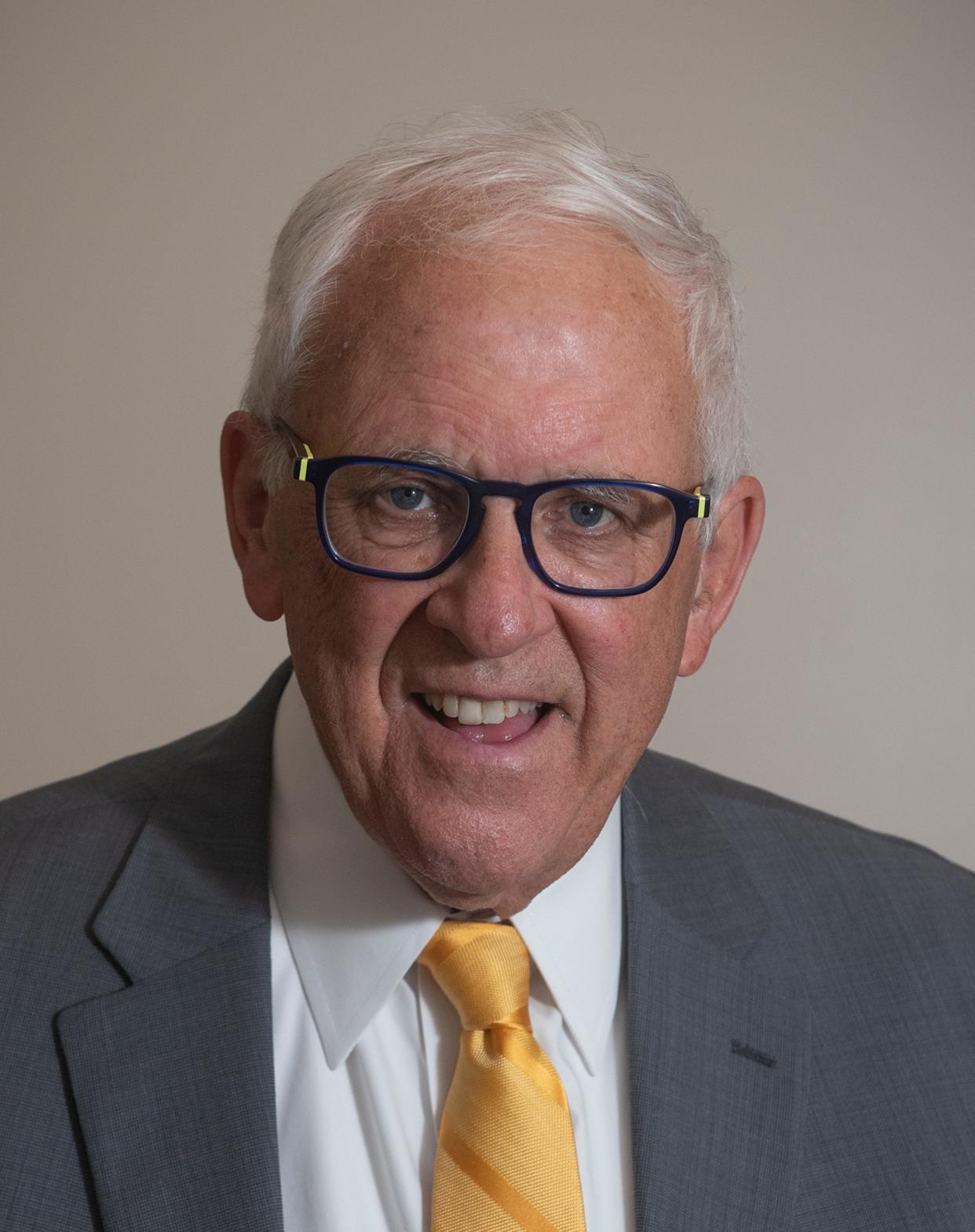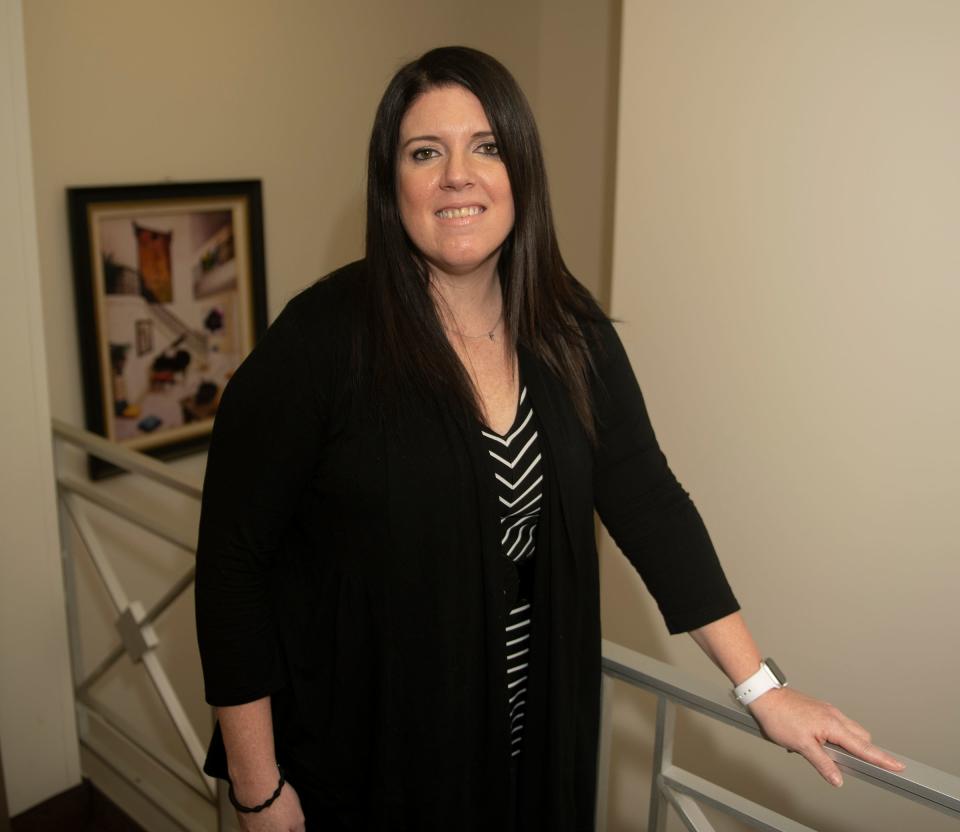Townhall II remains in the trenches fighting drug addiction in Portage County

When I was a youngster in the 1950s, my next-door neighbor and I on a Saturday afternoon were about to walk to the local Schine’s Theater to catch the latest movie for 25 cents. TV programming was in its infancy in those days and the best way to see an action-packed thriller was by attending a Saturday afternoon matinee.
My friend’s mother asked us for the name of the star in the movie we were going to see and when we responded “Robert Mitchum”, she said, “You’re not going to that movie!”
She explained that the star had been charged with marijuana possession and, “we’re not going to support that.” At the age of 11, neither my buddy nor I knew precisely what marijuana was, but we sensed it was not good.
Instead of our Saturday afternoon matinee, we joined a pickup basketball game at the local school playground.
The use of marijuana and other drugs illegally became a more widespread, middle-class phenomenon when the Rock ‘n Roll, overly affluent Baby Boomer generation permanently altered our culture.
Medical marijuana is now legal in 38 states, including Ohio. Recreational marijuana is already legal in 12 states plus Washington, D.C., and Guam. Our neighbor to the north, Canada, has legalized the recreational use of marijuana. Marijuana’s recreational use is currently under consideration in Ohio as it is in most other states.
Locally, medical marijuana dispensaries have been approved for both Kent and Ravenna, and we are about to witness the consequences.
One of the organizations that will bear the brunt of the fallout from legalizing marijuana use is Townhall II, an agency that began in 1971 with the merger of a Kent State campus crisis center and a Kent drop-in center whose volunteers served those in need focusing on drug education and emergency assistance. The combination of those two service lines explains why Townhall has the Roman numeral II in it.
In 1997, Townhall II merged with Portage County Alcohol and Drug Abuse Services. Its expanded menu of services now includes a halfway house for abused women who are facing substance abuse and addiction, a driving under the influence school for first-time offenders, and its long-time counseling and outpatient programs for victims of drug and alcohol abuse. Its offices are in Kent and Ravenna.
Townhall II’s Chief Executive Officer, Tamera Hunter, recently spoke to Kent Rotary about her agency’s work including dealing with the use of marijuana and other drugs. Hunter warned we could expect an increase in the use of heroin with the more widespread use of marijuana.
“That is what our state behavioral health policy committees are sharing based on what has occurred in states where marijuana has been legalized,” she said.

She said Portage County like other communities in the United States saw an increase in heroin use when the Centers for Disease Control in 2017 narrowed the window for prescribing opiates because of their addictive quality. People addicted then went on the streets to find pain killers. They easily found heroin, supplied at reduced prices by the drug cartels in Mexico. Some also found that lacing heroin with fentanyl, a prescription opiate, makes it even stronger giving users a more powerful high and too often death, Hunter said. Fentanyl is now being produced to look like candy, she said.
She said most heroin originates in the Middle East where opium is grown and that other drugs are illegally produced in Mexico. She said most of the drugs that enter the United States come through legal crossing points where they are hidden in the bodies and wheel cavities of cars and trucks. They are also hidden in cargo containers that enter our country through ports of call and through international airports. Most of the marijuana consumed in the U.S. is now grown domestically.
Because marijuana remains illegal under federal law, banks are reluctant to have business relationships with medical marijuana dispensaries. Most dispensaries operate as cash-businesses which makes them targets for burglars.
Driving under the influence of marijuana is an issue under consideration by legislators because whereas the effects of alcohol consumed decrease within hours, the use of marijuana, detected by oral swabs and urine analysis, can be traced for up to 30 days. Unlike alcohol, which excites the person, marijuana use calms them. New driving laws concerning driving under the influence of marijuana in some states are in the process of being rewritten, Hunter said.
Besides taking drugs by swallowing and by injection into the blood stream, vaping whereby the user inhales a drug by breathing in a vapor is becoming popular, especially among young people experimenting with the smoking habit, Hunter said.
As attitudes toward drugs become more permissive, treating drugs as a health issue rather than a punitive law enforcement issue is gaining prominence. Thus, agencies like Townhall II, whose clients are mostly obtained through court referrals, are growing in importance.
Deaths by overdose climbed to a record 49 in Portage County last year, but on a positive note, Hunter said Townhall II advocacy programs are seeing recovery rates of 50 percent and the staff has several who have beaten addiction. She said Townhall II is available to work with schools to tell young people about the dangers of drug use and to advocate for abstention or the seeking of help if one is already under the influence.
As we listened to Hunter’s presentation, I recalled that innocence of my youth when the conviction of a Hollywood actor for possessing marijuana was big enough news that my friend and I were not permitted to see a movie. Times change, but not always for the better.
David E. Dix is a retired publisher of the Record-Courier.
This article originally appeared on Record-Courier: Townhall II fighting drug addiction in Portage County

